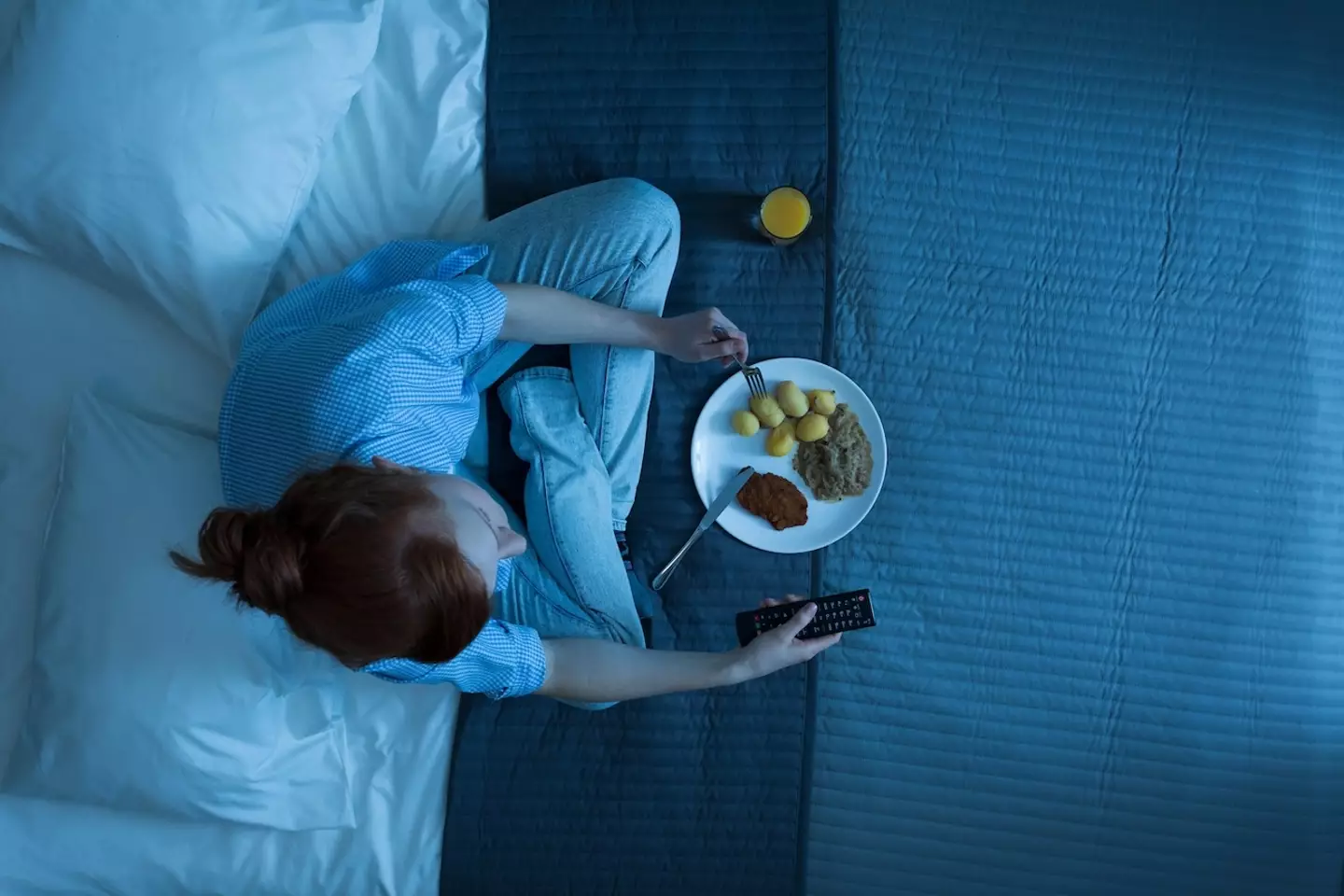
A doctor has revealed how many hours before bed you need to stop eating to ‘have a good night’s sleep’.
Struggling to sleep through the evening is something many of us battle with on a regular basis. And getting that elusive eight hour’s kip every night can be pretty hard to stick to.
In fact, as many as one in five people in Britain don’t get enough sleep, according to Mental Health UK.

Poor sleep could be down to all sorts, from night-time noise, to air pollution, to work stresses. Not leaving enough of a gap from your last meal, that could also be an issue.
Health expert Dr Mindy Pelz has insisted that light sleepers need to worry more about when they eat, rather than what they eat.
As reported by Marca, she recommends to eat three or more hours before going to sleep.
This is because ‘you’re going to have that insulin spike that’s going to start to go down while melatonin is going up’, which could lead to weight gain.
Dr Pelz explains that without that extra insulin, it’ll mean you’ll ‘have a good night’s sleep’.
But if you eat dinner too late, ‘your body will go to sleep and wonder: ‘Why is there insulin here? Better store that somewhere,’ and it will do so in fat’.
For those who wake up in the middle of the night, however, sleep expert Lisa Artis from the Sleep Charity say you should avoid checking your phone, reports the Express.

She said: “Engaging in stimulating activities, such as checking emails, scrolling through social media, or tuning into a TV show on your mobile, can make it harder to relax and fall back asleep.
“The bright screens and mental stimulation can further disrupt your sleep-wake cycle. Instead, opt for calming activities like reading a book or listening to soothing music.”
She also recommends to lower your caffeine intake in the evening, adding: “Don’t let caffeine and nicotine turn your sleep into a jittery jive.
“Skip stimulants for six hours before bedtime opting for soothing sips instead.
“Prepare a comforting mug of golden milk, a traditional Ayurvedic remedial beverage made with turmeric, ginger, and warm milk.
“Turmeric contains curcumin, which has potential sleep-enhancing and anti-inflammatory properties that may aid in relaxation and improve sleep duration.”
That being said, the sleep expert reckons that ‘if you’ve been awake for more than 20 minutes, get up’.
“Staying in bed may create an association between wakefulness and your sleep environment, making it even harder to fall asleep in the future,” Lisa explained.


